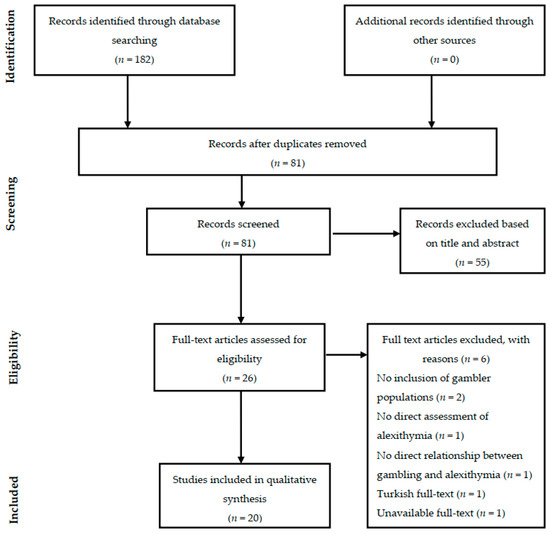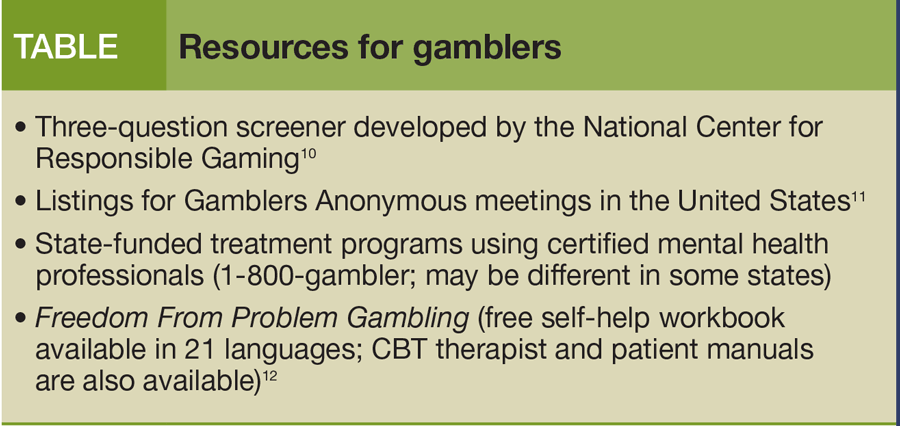Nursing Diagnosis For Gambling

Gambling and betting
Pathologic gambling and problem gambling affect approximately 5 to 15 million Americans and are common in young people. The community-minded family physician is in a good position to identify. Things to remember when dealing with someone addicted to gambling. Gambling can sometimes become an addiction and damage a person’s mental and social health. Even though gamblers rarely come forward for treatment, many gamblers do recognise that they have a problem. Some gamblers may be depressed. A diagnosis of gambling disorder requires at least four of the following during the past year: Need to gamble with increasing amount of money to achieve the desired excitement Restless or irritable when trying to cut down or stop gambling Repeated unsuccessful efforts to control, cut back on or stop gambling.
- 201620172018201920202021Billable/Specific CodePOA Exempt
- Z72.6 is a billable/specific ICD-10-CM code that can be used to indicate a diagnosis for reimbursement purposes.
- The 2021 edition of ICD-10-CM Z72.6 became effective on October 1, 2020.
- This is the American ICD-10-CM version of Z72.6 - other international versions of ICD-10 Z72.6 may differ.
- compulsive or pathological gambling (F63.0)
Pathological gambling
- 201620172018201920202021Billable/Specific Code
Type 1 Excludes- gambling and betting NOS (Z72.6)
Type 2 Excludes- excessive gambling by manic patients (F30, F31)
- gambling in antisocial personality disorder (F60.2)
- Applicable To annotations, or
- Code Also annotations, or
- Code First annotations, or
- Excludes1 annotations, or
- Excludes2 annotations, or
- Includes annotations, or
- Note annotations, or
- Use Additional annotations
- Z00-Z992021 ICD-10-CM Range Z00-Z99Factors influencing health status and contact with health services
Factors influencing health status and contact with health services
Note- Z codes represent reasons for encounters. A corresponding procedure code must accompany a Z code if a procedure is performed. Categories Z00-Z99 are provided for occasions when circumstances other than a disease, injury or external cause classifiable to categories A00-Y89 are recorded as 'diagnoses' or 'problems'. This can arise in two main ways:
- (a) When a person who may or may not be sick encounters the health services for some specific purpose, such as to receive limited care or service for a current condition, to donate an organ or tissue, to receive prophylactic vaccination (immunization), or to discuss a problem which is in itself not a disease or injury.
- (b) When some circumstance or problem is present which influences the person's health status but is not in itself a current illness or injury.
- Z72ICD-10-CM Diagnosis Code Z72Problems related to lifestyle
Problems related to lifestyle
- 201620172018201920202021Non-Billable/Non-Specific Code
Type 2 Excludes- problems related to life-management difficulty (Z73.-)
- problems related to socioeconomic and psychosocial circumstances (Z55-Z65)
- Gambling
- Gambling disorder

- Z72.6 is considered exempt from POA reporting.
- 951 Other factors influencing health status
Convert Z72.6 to ICD-9-CM
 Code History
Code History- 2016 (effective 10/1/2015): New code (first year of non-draft ICD-10-CM)
- 2017 (effective 10/1/2016): No change
- 2018 (effective 10/1/2017): No change
- 2019 (effective 10/1/2018): No change
- 2020 (effective 10/1/2019): No change
- 2021 (effective 10/1/2020): No change
- Type 1 Excludes: F63.0ICD-10-CM Diagnosis Code F63.0
Pathological gambling
- 201620172018201920202021Billable/Specific Code
Type 1 Excludes- gambling and betting NOS (Z72.6)
Type 2 Excludes- excessive gambling by manic patients (F30, F31)
- gambling in antisocial personality disorder (F60.2)
- Betting and gamblingZ72.6
- GamblingZ72.6
- Problem (with) (related to)
- life-styleZ72.9ICD-10-CM Diagnosis Code Z72.9
Problem related to lifestyle, unspecified
- 201620172018201920202021Billable/Specific CodePOA Exempt
- gambling Z72.6
- life-styleZ72.9

Nursing Diagnosis For Gambling Disorder
Reimbursement claims with a date of service on or after October 1, 2015 require the use of ICD-10-CM codes.